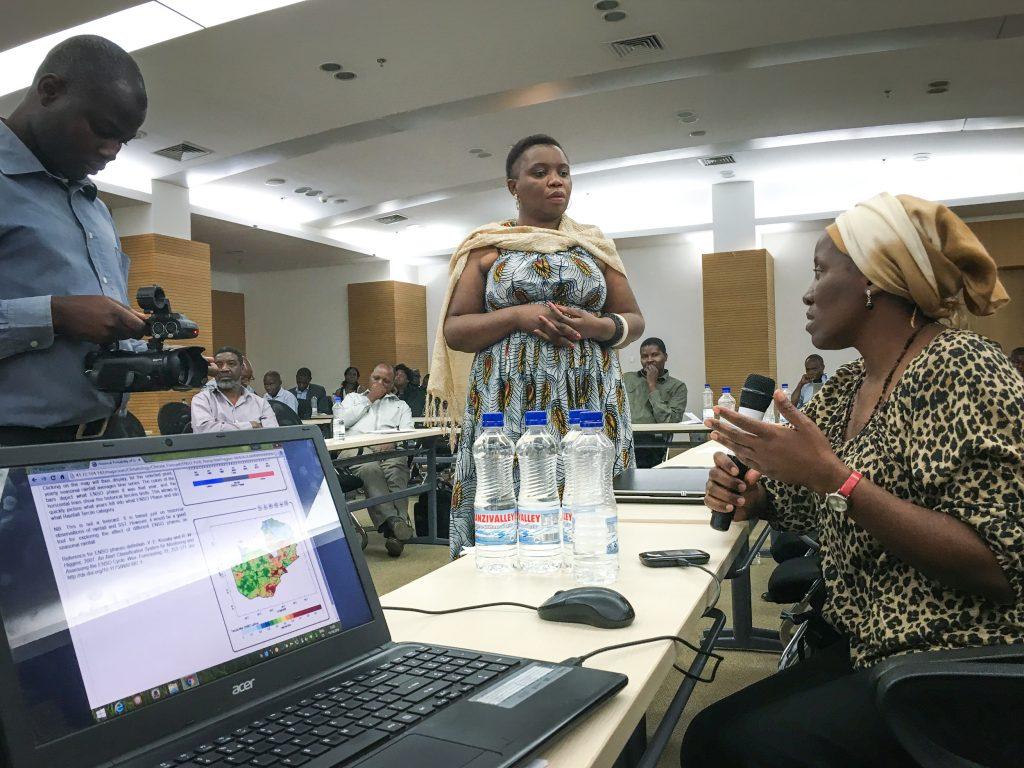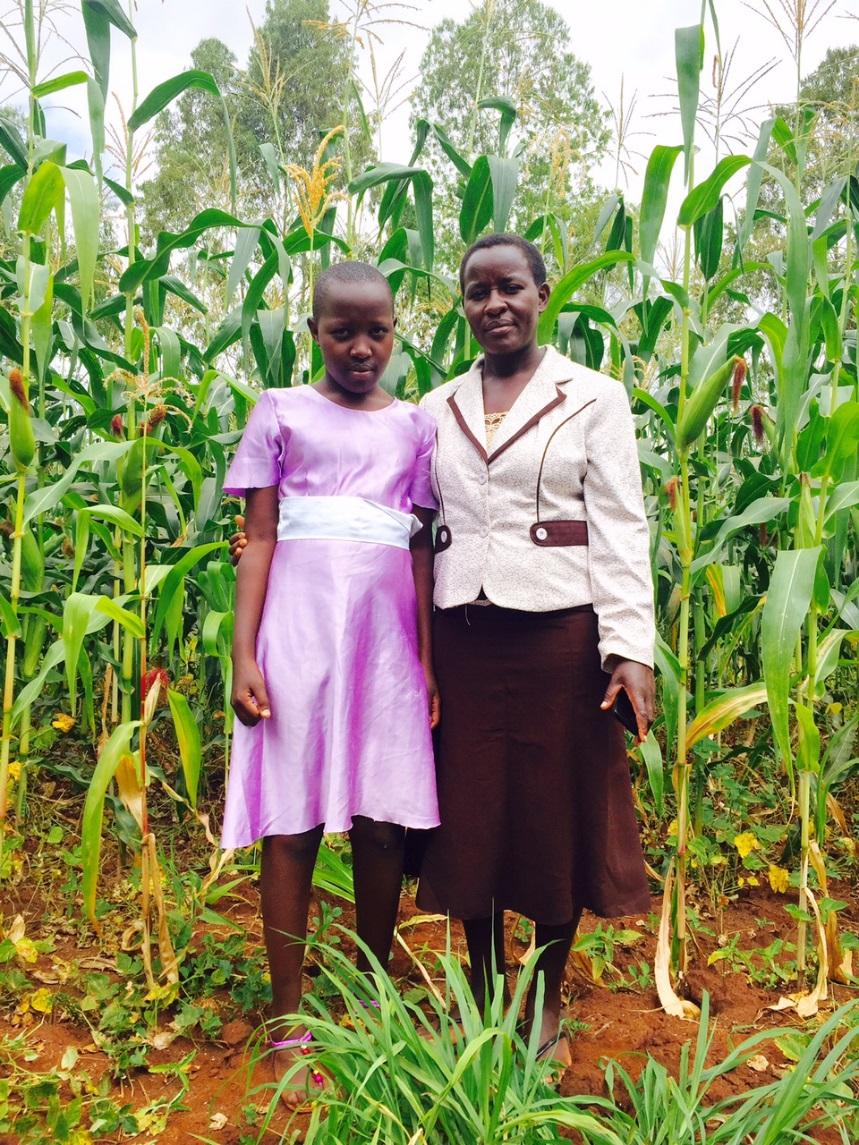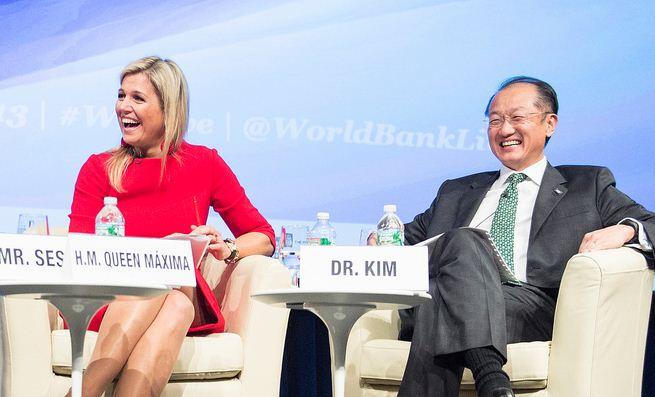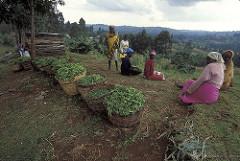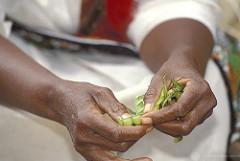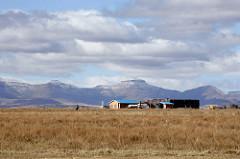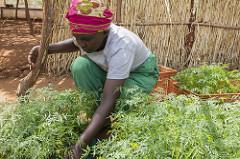Content owner:
Global Index Insurance Facility
Topics:
More than 50 participants from 13 African nations gathered in Accra, Ghana, from May 1-5, 2017 to attend a regional workshop focusing on the fundamentals of risk modeling for index insurance and to discuss a wide array of agricultural insurance topics. “ The Risk Modelling and Strategic Decision Making for Index Insurance” workshop was organized by the Global Index Insurance Facility (GIIF), in collaboration with African Reinsurance Corporation. Managed by the World Bank Group’s Finance & Markets Global Practice, GIIF provides smallholder farmers, pastoralists, microentrepreneurs, and

